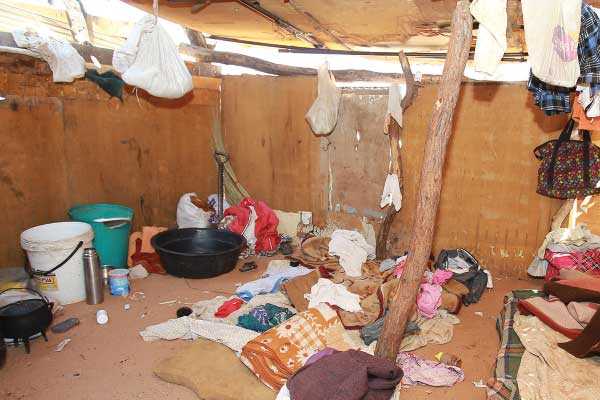Botswana’s poverty levels belie her middle income status - Prof Siphambe
The economic growth of a country does not necessarily bring economic development, says Professor Happy Siphambe a lecturer in the Department of Economics at the University of Botswana (UB).
While in the past there was an assumption that economic growth will necessarily lead to economic development, economists have since the 1990s, discovered that while growth is necessary for economic development, it is not a sufficient condition for economic development, Siphambe said in a paper presented during the Business Botswana conference in Francistown.
Presenting on the topic: Celebrating 50 Years Of Socio-Economic And Political Development: Reflections On The Journey Travelled And Beyond, he noted that, “The disappointing experiences of the 1960s showed that it is possible to experience growth without development; meaning that while the economy is growing, that growth may be experienced by a minority or not inclusive in nature.”
In his view, it is possible for poverty, income inequality and unemployment, to be growing at the same time as the country is experiencing economic growth. Prof Siphambe believes that economic growth should be reflected in the lives of the people with the majority benefitting from it. It was in the 1990s that, according to him, economists had a holistic measure of development based on the Human Development Index which looks at development in terms of its impact on life expectancy, literacy rates and changes in income “The lives and infrastructure must experience positive change,” said the academic.
Reflecting on the trajectory the country travelled since independence in 1966 when it was one of the poorest countries in the world with a citizenry that depended on famine relief, Professor Siphambe noted that Botswana experienced impressive growth especially in the 1990s mainly because of diamonds.
He however observed that, despite the economic boom, the unemployment levels remained high due to the fact that the diamond sector is capital and not labour intensive. According to him, unemployment, which is a big contributor to poverty, stood at 19.8 percent in 2013 (180 000 people out of a population of two million people).
“If not tackled expeditiously, unemployment can undermine all efforts made in terms of human development and even undermine the income status of the country,” he observed adding that, the growth that the country has experienced did not translate into adequate poverty reduction. Siphambe noted that poverty has been declining over the years while unemployment has not. He attributed the decline in poverty to the raft of social safety nets on offer. “The country has a well-developed social protection system which, if properly implemented, will make important contributions to poverty reduction,” he said but maintained that there is need for the country to focus on creation of sustainable employment because, the poverty levels, which officially stands at 24.3 percent, are too high for an upper middle class country such as Botswana.
Prof Siphambe lamented that while Botswana had been successful in maintaining a robust macroeconomic environment, albeit with lower growth than in the previous period, its major weakness has been the lack of connection between the economic growth and employment creation. “This has to do with the fact that the sector that contributes significantly to growth is highly capital intensive contributing less than 5 percent to the total employment.
The largest sector in terms of employment is agriculture which employs about 30 percent of total labour,” he said adding that, while lower than South Africa and Namibia whose unemployment rates stand at 24 percent and 27 percent respectively, Botswana’s unemployment rate is worrisome for policy makers and requires urgent attention given its effect on human development especially among the youth.






